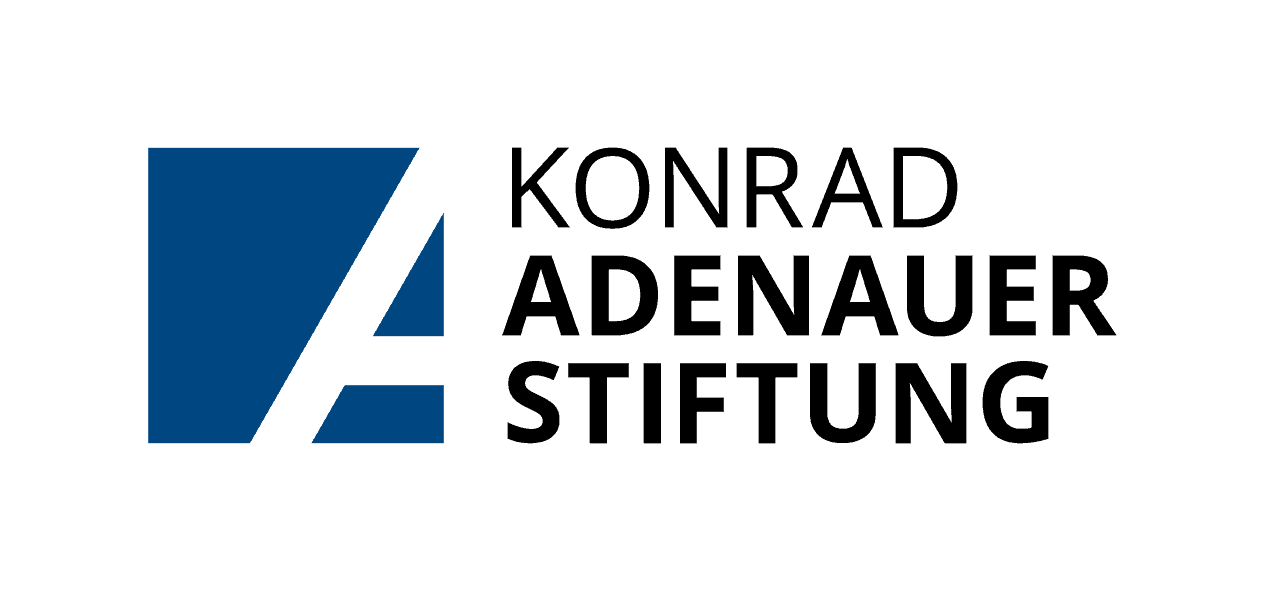[:en]
Author Information

[:fr]
by Lkhagva Erdene
I think behind every good investigation or story lays a plain sense of outrage journalist feels. This was no different. When the Mongolian Prime Minister Saikhanbileg Chimed announced the sale of the mine I felt dumbfounded as a journalist, ignored as a citizen. Erdenet mine is 51 percent owned by the state. Mongolian constitution states Mongolian people are the owners of the mineral wealth, managed by the government representing the people. This was June 28th, 2016. Day after the country went to the polls. I started calling sources from Erdenet city to Moscow to understand and create the hypothesis that could be in the works. Quickly after that came the hard part. How do I verify something that was done so stealth for so long? The PM’s announcement and explanation by the financier of the deal on National Broadcaster gave away little information. We quickly went over the relevant laws and processes to find out how the deal could have been went down. During this the ruling party lost to landslide victory by the opposition Mongolian People’s Party who screamed “Bloody Murder” in response to the PM’s announcement.
The story was far from the public’s attention scope. We needed to put it there. So we chose to ran a different course from most investigative journalists and put the topic at the heart of the public debate. MongolTV has a current issue debate show which serve as the premier platform for policy debate in Mongolian Television arena. Due to television viewership trends we usually put it off the air during the summer months. We turned on the debate calling an emergency episode of “Nuudel Shiidel” (#НүүдэлШийдэл) which means Action and Solution in Mongolian. 6 day’s after the announcement we managed to get five independent lawyers, civil society leaders and the financier of the deal into the studio for 90 minutes of live debate. Debate was titled “Who bought Erdenet?.” The unconventional route proved to be the right path to revealing more information on how this deal was done without the knowledge of public. We learned so many new facts about the secret deal that some called it later the deal of the century. But who profits from this ludicrous mine deal? After the debate we had tip offs, documents and screenshots of government registry files came into light. During the debate independent journalist Jargal Dambadarjaa revealed the government letter which gave green light for buyer to engage in purchasing agreement with Rostec, Russian state owned company. Buyer turned out to be a 28 year old lawyer named Purevtuvshin. His company address looked familiar. “Mongolian Copper Corporation” was located on the 4th floor of Blue Sky Tower, landmark office and hotel tower in the heart of Ulaanbaatar.
We walked over only to run into confused Bloomberg Mongolia TV staff who had never heard of such company. I took a selfie outside of the office suite 402 and posted on my social media accounts. Buyers rushed to make “Mongolian Copper Corporation” exist on the web didn’t think someone would actually walk over there to check if it exists. The next day they changed their address to suite 502 of the same tower. I rushed there again to find out construction workers quickly renovating an old office space with a brand new plaque that says “Mongolian Copper Corporation.” I took another selfie and the posts went viral. 11 days after the announcement I organized all my findings into a story. Story I co-wrote with Sergey Radchenko which we filed with The Diplomat. Sergey Radchenko is a Professor of International Relations at Cardiff University, U.K. He is from Russia and knows Mongolian politics well. The unusual turn of events and unconventional approach to investigating this mine deal was a rewarding and challenging experience but given the mix of public debate and social media campaigning toward transparency I think the story shed light on a 400 million dollar deal which crashed the Mongolian currency in August, 2016. The new cabinet and President of Mongolia called for special working group to investigate this deal on July 27th. The working group and the government of Mongolia is awkwardly staying silent to this day.
Author Information

[:]

